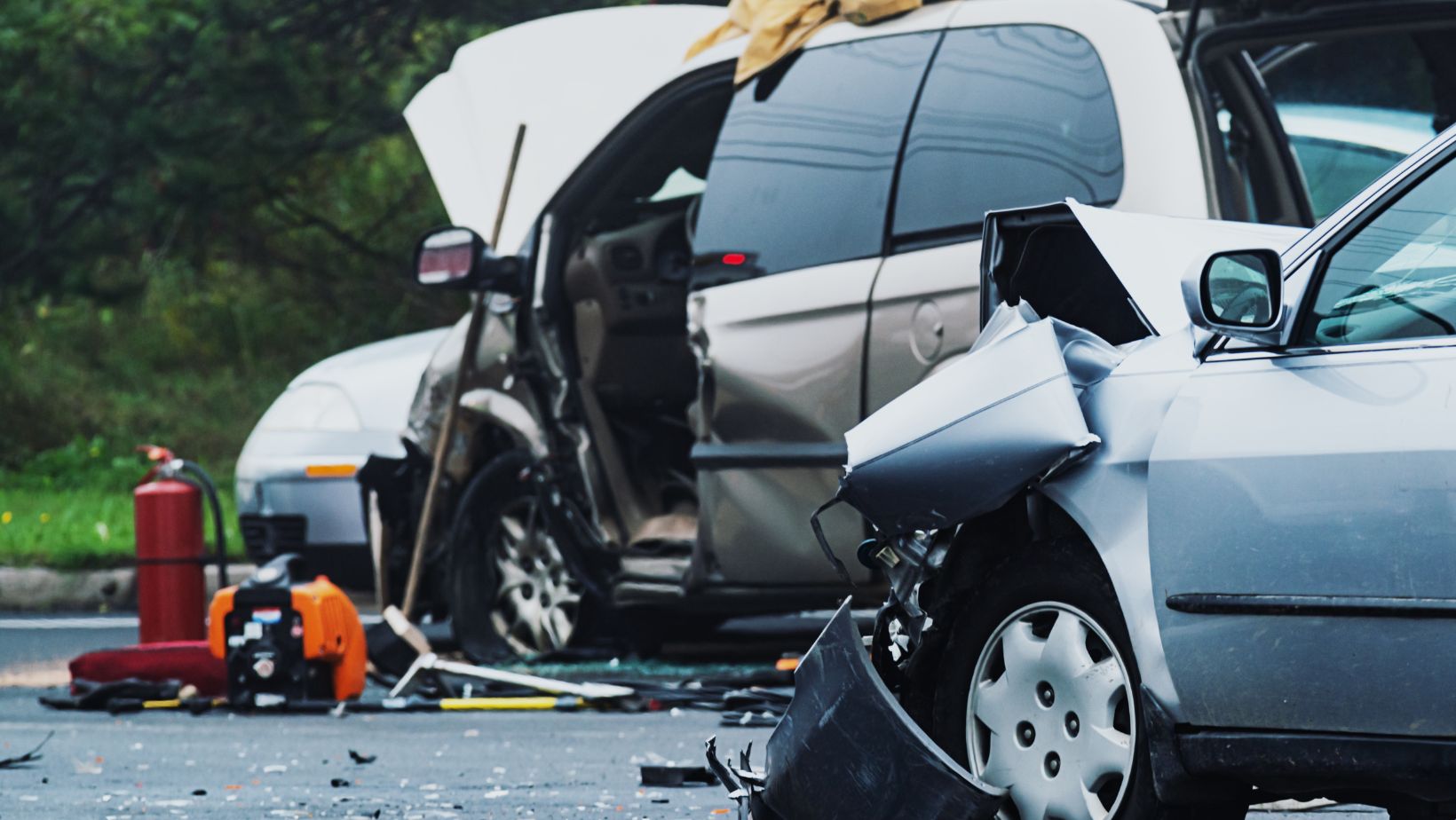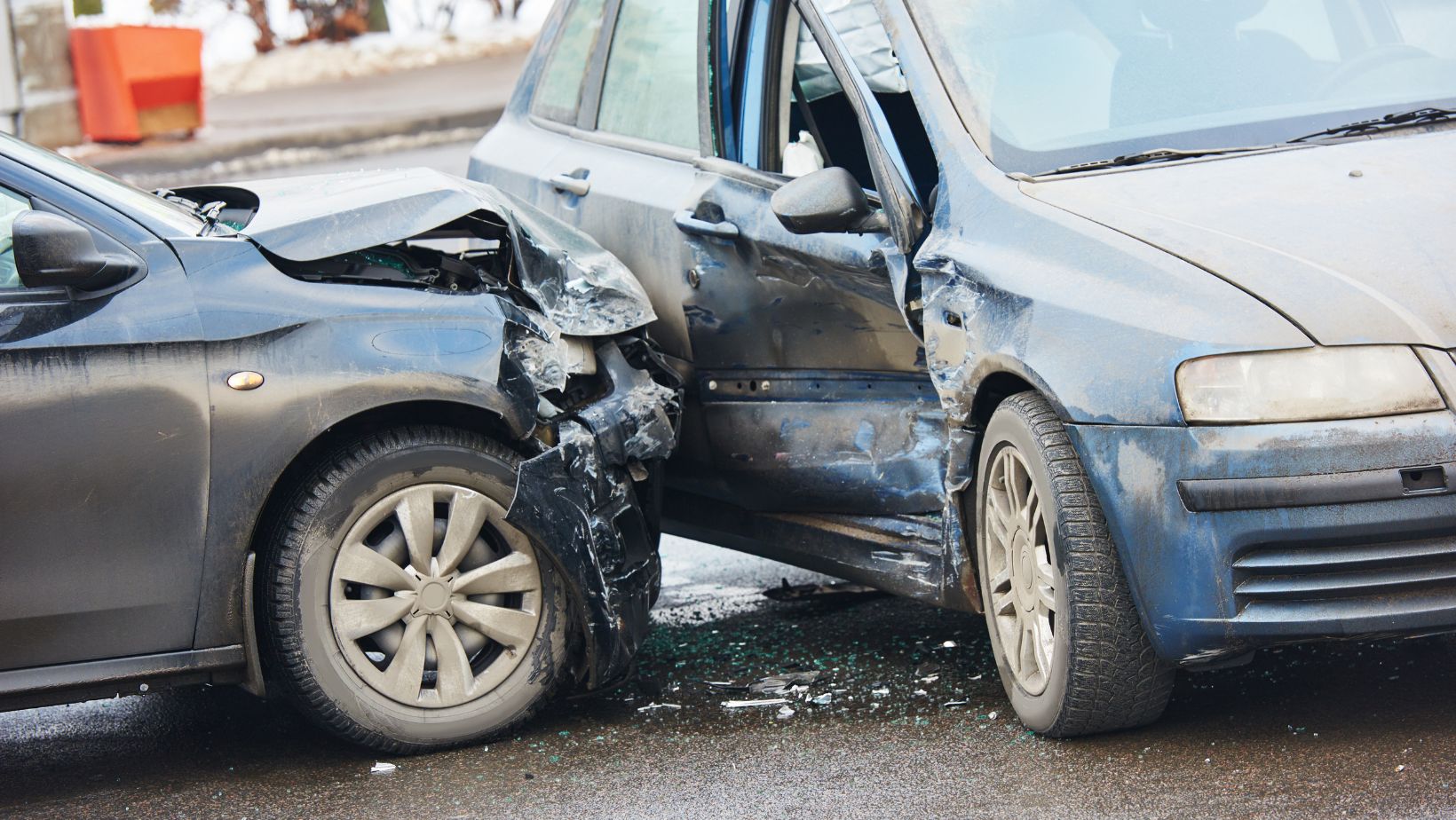Accidents have a way of turning an ordinary day upside down. Whether it’s a fender bender on the way to work or a more serious collision, the emotional aftermath often lingers long after the vehicles are towed and reports are filed. For women navigating work, family, and mental wellness, even minor incidents can throw off routines and chip away at a sense of safety.
Here’s the truth: you are allowed to feel shaken. You’re allowed to be overwhelmed, and you’re also allowed to advocate for your peace of mind in the wake of a car accident, emotionally, legally, and financially.
The Emotional Impact Is Real
Even when no one is seriously injured, accidents can leave a lasting mark. Some common emotional responses include:
- Trouble sleeping or nightmares
- Increased anxiety while driving
- Feeling hyper-aware of other cars on the road
- Avoidance of certain routes or intersections
- Guilt, even when it wasn’t your fault
These reactions are normal, and they’re worth taking seriously. Post-accident stress can affect how you show up at work, interact with loved ones, or even take care of yourself. Consider reaching out to a therapist, counselor, or support group if your feelings don’t ease with time. Healing is not a luxury; it’s part of the recovery process.
Rebuilding Routine After an Accident
Getting back into your daily rhythm can help you feel grounded again. Here are a few ways to ease back into your routine with intention:
- Reframe your morning commute: Listen to calming music, an uplifting podcast, or something that puts you in a good headspace.
- Celebrate small wins: If driving again feels hard, reward yourself after each successful trip, even if it’s just a short ride to the grocery store.
- Ask for help: Whether it’s help with school drop-offs or running errands, don’t hesitate to lean on your community while you recover.
The goal isn’t to rush “back to normal”. It’s to find a new version of normal that honors your experience.
Knowing Your Rights and Getting Support
A major stressor post-accident is figuring out how to handle the paperwork, the bills, and the insurance back-and-forth. Especially if the other driver fled the scene, it can feel like justice is out of reach.
In situations like a hit-and-run, you might wonder if your insurance will even cover the damage. Compensation may still be possible under your uninsured motorist coverage, depending on your policy.
It’s a reminder that reading the fine print now can prevent major headaches later. Know what you’re entitled to. Ask your provider what protections you have in the event of a hit-and-run or uninsured driver. If you’re unsure, a legal consultation can help decode your options.
Empowerment Through Preparation
You can’t always prevent an accident, but you can empower yourself with knowledge and preparation. Here are simple steps that can make all the difference if the unexpected happens again:
- Keep your phone charged and accessible in your vehicle.
- Store your insurance details and emergency contacts in one place.
- Consider a dashcam to document any future incidents.
- Create a small post-accident kit with a pen, paper, flashlight, and a printed checklist of steps to follow after a crash.
These may seem like small acts, but they send a powerful message: “I’m not powerless.”
Talking to Kids About What Happened
If your children witnessed the accident or sensed your stress afterward, it’s essential to talk to them in an age-appropriate way. You don’t need to share every detail, but kids are intuitive.

- The situation was scary, but everyone is safe now
- Grown-ups are handling the problems and making sure the car is fixed
- It’s okay to feel nervous, and they can talk about their feelings
These conversations foster resilience for both you and your family.
Your Wellness Comes First
You can always replace your car. You can always reschedule appointments. What matters most is how you care for yourself after the dust settles.
Don’t underestimate the ripple effects of an accident on your mental and emotional well-being. Permit yourself to grieve, to ask for help, and to gather the resources you need, legal, emotional, or practical. In reclaiming your sense of safety, you’re not just surviving, you’re taking control.
Bob Duncan is the lead writer and partner on ConversationsWithBianca.com. A passionate parent, he’s always excited to dive into the conversation about anything from parenting, food & drink, travel, to gifts & more!

